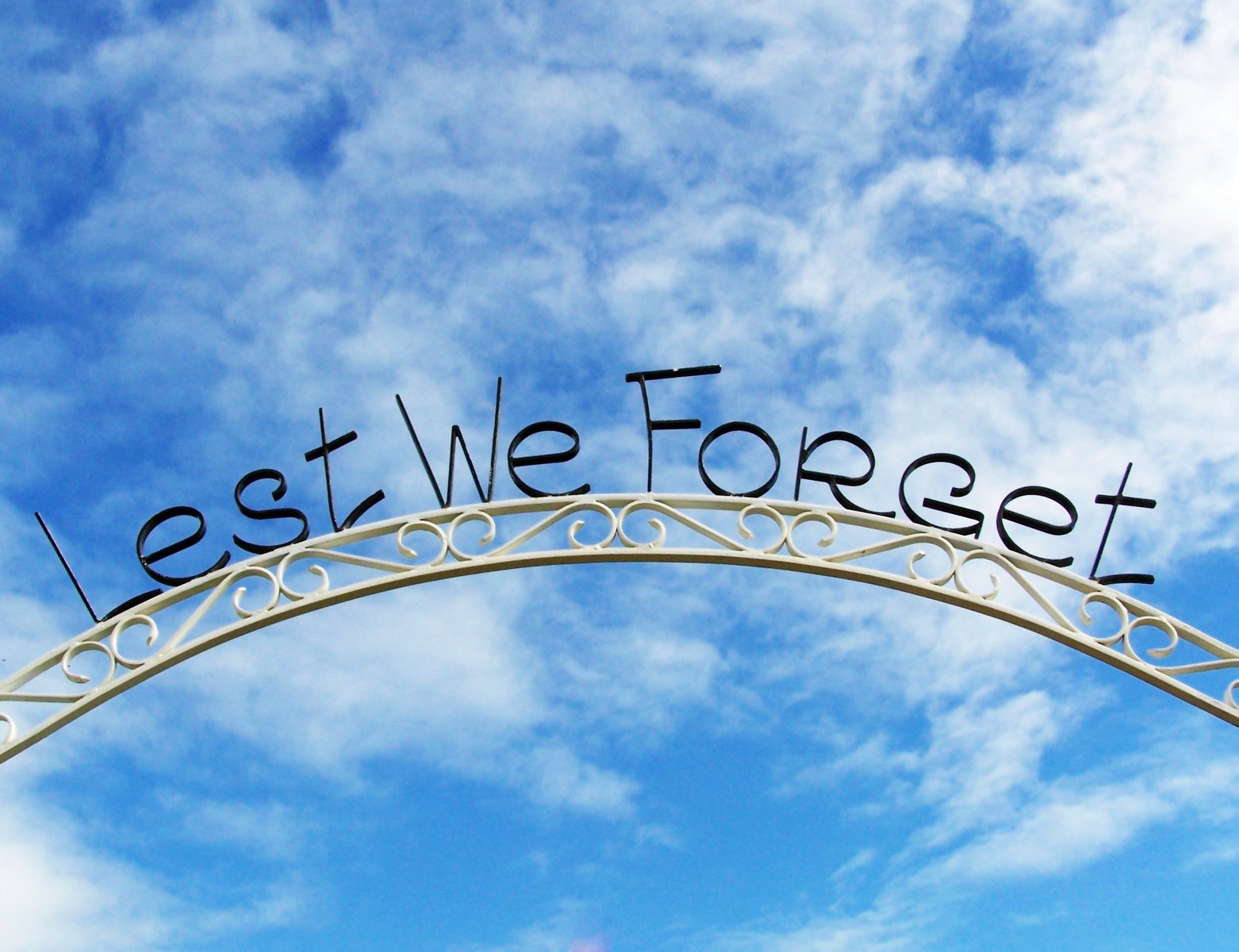

THIS site will soon turn 14 and we're still 100% compatible (in the URL and layout sense) with 2006. The site is accessible, fully and properly, with computers and browsers that are very old. This is a design choice (we reject a novelty that's justified "for the sake of novelty" alone). We're sad to see that many sites we've linked to over the years no longer exist (except through the Internet Archive or Wayback Machine). This means we're losing history and the story can be retold or rewritten falsely by those with financial means. It's often said that history is written or told by the victors.
"People of my generation hardly know or even think of IBM as an aggressive monopolist and people under 20 probably know nothing about what Microsoft did to deserve all the 'hate'."We recently learned that parts of Groklaw had been made inaccessible (or broken without fix). It's a monumental loss. Mirroring parts of that site (dead ones) without permission is not possible and likely impractical because Pamela Jones has been MIA for over half a decade (I know of nobody who speaks to her; I don't even know if she's still alive, but I sure hope so).
The Internet Archive recently came under major legal challenges if not attacks; this is really dangerous. Many of our past articles rely on citations (preserved with both URL and headline) that are only accessible through the the Internet Archive. If we lose the Wayback Machine, the value or our old research would be reduced. Too many broken links, rendering the whole thing 'outdated' and leaving room for new revisionists to 'fill the gap' for corporate masters and mistresses (the way they do in Wikipedia).
Preserving history may sound like a boring and slow job; but it's exceedingly important that we 'garden' (protect the digital integrity of) the old stuff and not obsess over 'traffic' the new stuff typically receives (people favour the latest, not mere archives). As the years go by the old stuff becomes a scarcity of growing value. There's not much left to 'compete' with it and challenge 'new age' revisionists. One example would be Novell and associated matters; another would be Nokia. It seems like people are still eager to deny the simple fact that the company was sunk by Microsoft (like so many companies before it). Some people try to rewrite the fate of Nokia the way they did Netscape's. Maybe one day Microsoft will tell us that it merely tried to 'rescue' Novell but failed. Gaslighting such as this was mentioned early this morning, based on a reader's research of US Army propaganda. It's about how Bill Gates tried to frame holding Microsoft accountable for crimes as an actual attack on the American public rather than on crooks like himself. ⬆